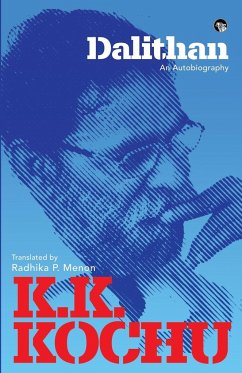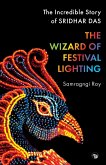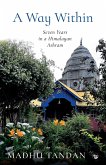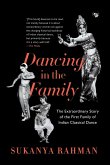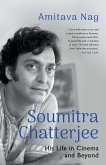K.K. Kochu's life and work, as both a writer and social activist, challenges dominant narratives-of the Congress as well as the Communists-that exclude the Dalit experience. Among his most significant works, his autobiography is not merely a gritty story of the life of an individual, but a history of modern Kerala written from a subaltern perspective. Growing up in a village called Madhuraveli in a flood-prone region of Kottayam district, fishing in the clear waters of nearby canals and eating wild fruit, Kochu was also a promising student, reading everything he could lay his hands on. The boy, troubled by the unquestioning submission to their Namboodiri landowners, distinguished himself by his curiosity, keenly observing the present and preserving in his young mind precious oral histories of Pulaya life. His thirst for knowledge would sustain him through the endless years of tragedy for the family and periods of unemployment, but also lead him to study-and work towards ending-the marginalization of the lower-castes and the erasure of their contributions to society. Starting out as a Naxalite in college, he would go on to form a Communist Youth Front, sympathetic though not affiliated to them. Working with leading figures in the cultural and political space, as well as many that rarely find mention in written histories, he would move from a Maoist to a self-consciously Ambedkarite path of anti-caste struggle, a perspective that would guide him in subsequent efforts to build unity among Dalits, Adivasis and minority groups. By combining a view from below of raw life with an account of the broader socio-cultural, economic and intellectual trajectories in Kerala, Dalithan stands out as a unique contribution to Dalit life-writing in Malayalam, available for the first time to an English readership in a brilliant and faithful translation.
Hinweis: Dieser Artikel kann nur an eine deutsche Lieferadresse ausgeliefert werden.
Hinweis: Dieser Artikel kann nur an eine deutsche Lieferadresse ausgeliefert werden.

